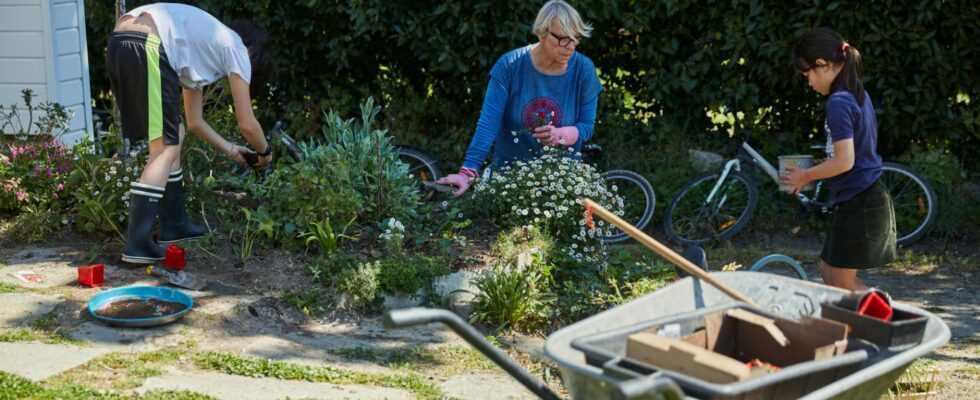Yasmina Kattou, edited by Solène Leroux
modified to
06:38, May 13, 2022
The researchers sent 400 questionnaires to volunteers all over France. Although some admitted that the experience was psychologically difficult, the majority of respondents said that their creativity was boosted. In order not to get bored being locked between four walls, it was necessary to use his imagination to pass the time.
The first lockdown made us more creative! This is revealed by a study by researchers from the CNRS, Inserm, and the Brain Institute. The researchers sent 400 questionnaires to volunteers all over France. Although some admitted that the experience was psychologically difficult, the majority of respondents said that their creativity was boosted. In order not to get bored being locked between four walls, it was necessary to use his imagination to pass the time. During the first confinement due to Covid-19, many of us went back to baking and cooking, sports or gardening!
Free time and new situation
What explains this change in behavior, “is the surprise effect”, says Théophile Bieth, neurologist and co-author of the study. “The new side of the situation made it possible to generate different creative behaviors”, he explains at the microphone of Europe 1. “There is indeed a motivating factor which made us want to face these problems new ones and try to solve them, which probably also helped to generate an increase in creativity”, he adds.
Free time has also allowed our creativity to develop. The researchers specify that this is indeed the first confinement. For the confinements that followed, the result of the study would have been different, say the specialists. The repeated isolation was experienced with difficulty by the French.
